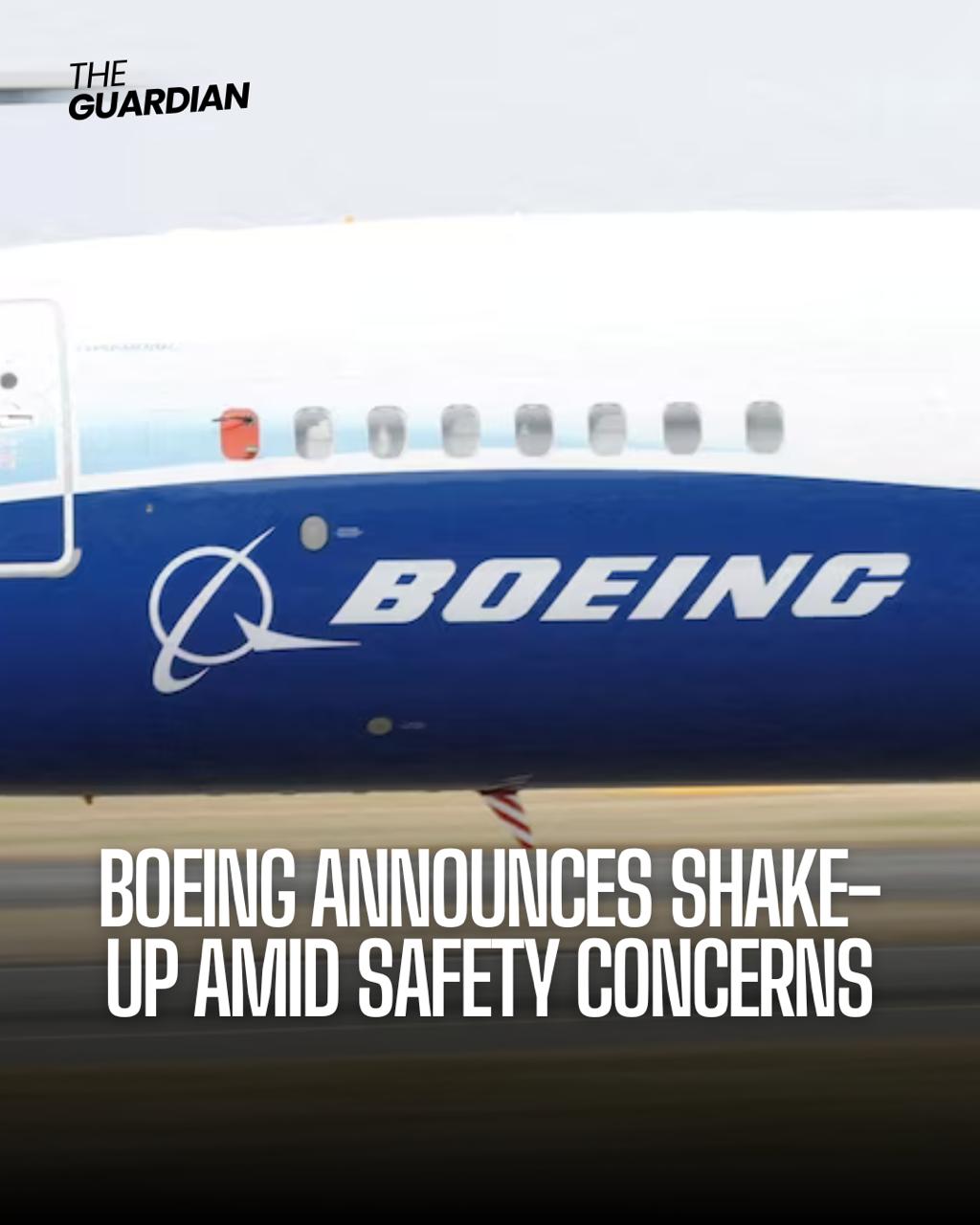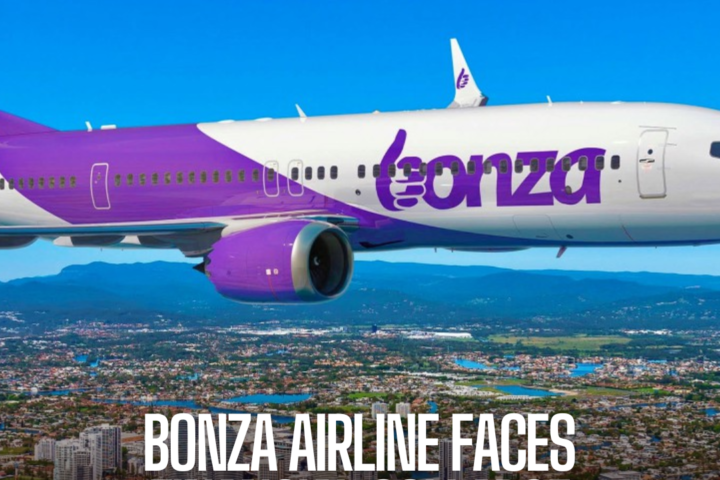The head of Boeing’s troubled 737 Max program is to exit the firm, which has been under pressure since a part of one of its jets blew out during a passenger flight in January.
Boeing, the aerospace giant, has announced a significant shake-up in its commercial airplane division following the departure of Ed Clark, who served nearly 18 years at the firm.
The move is part of broader efforts to enhance quality and safety standards within the company.
Focus on Quality and Safety
The restructuring comes in the wake of recent safety incidents, including an emergency landing of an Alaska Airlines flight, which raised concerns about Boeing’s manufacturing processes.
The company aims to address these issues as it prepares to meet with regulators.
Scrutiny Over 737 Max Planes
Boeing has faced intensified scrutiny since the grounding of its 737 Max planes following fatal crashes in 2018 and 2019. The recent incident involving a 737 Max 9 jet further heightened concerns about the aircraft’s safety.
Also read: Senator Warren urges regulators to halt Capital One’s acquisition of Discover Financial
Investigation Findings
Preliminary investigations into the Alaska Airlines incident revealed missing bolts in the door panel, highlighting potential flaws in Boeing’s manufacturing practices. Calls for new leadership at the company followed.
Leadership Changes
Ed Clark, the former vice president and general manager of the 737 program, will be replaced by Katie Ringgold, currently vice president of 737 delivery operations. Additionally, Boeing announced the creation of a senior vice president position for quality.
Commitment to Customers
Stan Deal, head of Boeing’s commercial airplanes division, emphasized the company’s commitment to meeting and exceeding quality and safety standards. He expressed gratitude to Ed Clark for his contributions and underscored Boeing’s dedication to delivering safe aircraft to its customers.
Moving Forward
As Boeing navigates ongoing challenges, the leadership changes signal a renewed focus on enhancing quality control and safety protocols. The company remains committed to addressing regulatory concerns and ensuring the reliability of its aircraft.























